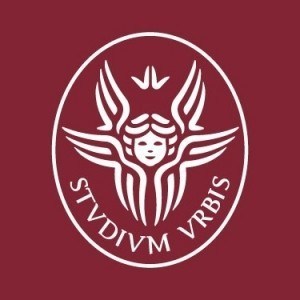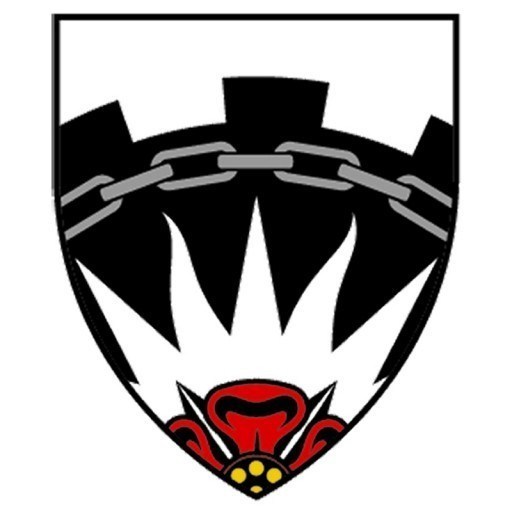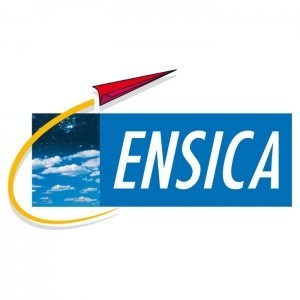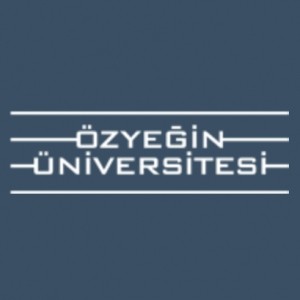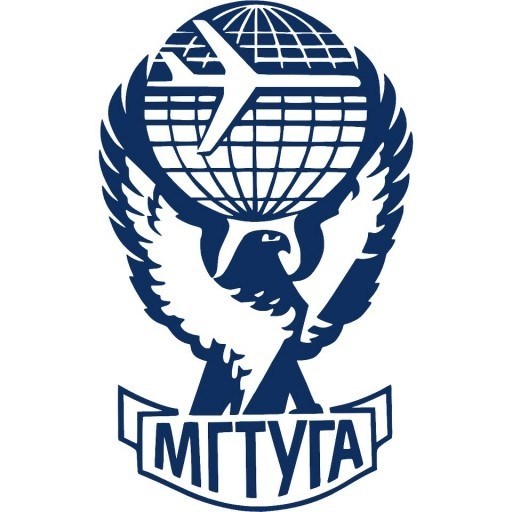Photos of university / #virginia.tech
The Bachelor of Science in Aerospace Engineering at Virginia Tech offers a comprehensive undergraduate program designed to prepare students for careers in the dynamic field of aerospace technology. This rigorous curriculum combines fundamental engineering principles with specialized courses in aerodynamics, flight mechanics, propulsion, structures, materials, and systems integration, providing students with a well-rounded education in both aeronautical and astronautical engineering. Students have the opportunity to engage in hands-on learning through laboratory experiments, design projects, and internships, fostering practical skills and real-world experience. The program emphasizes the development of critical thinking, problem-solving, and innovation, enabling graduates to contribute effectively to the aerospace industry, research institutions, and government agencies. Virginia Tech's state-of-the-art facilities, such as the Skelton Engineering Center and the Institute for Critical Technology and Applied Science, support cutting-edge research and technological advancements. The aerospace engineering faculty comprise leading experts in their fields who are dedicated to mentoring students and advancing aerospace knowledge. The program also offers electives in areas such as unmanned systems, space exploration, and aeronautics, allowing students to tailor their education to specific interests and career goals. Graduates are well-prepared for employment in aircraft design and manufacturing, space systems, defense applications, and research and development. Additionally, the program provides a solid foundation for students interested in pursuing graduate studies in aerospace engineering or related disciplines. Collaboration with industry partners and participation in national competitions further enhance students’ learning experiences and professional development. Overall, Virginia Tech's Aerospace Engineering program is committed to fostering innovation, sustainability, and leadership in aerospace to meet the challenges of the future.
Master of Science Requirements: Thesis and (Non-Thesis)
1. A minimum of 30 credit hours is required.
- For thesis students, up to 10 credit hours may be allotted for Research and Thesis (AOE 5994).
- For non-thesis students, up to 6 credit hours may be allotted for Project and Report (AOE 5904)[1].
2. A minimum of 12 credit hours (15 for non-thesis) of graded course work numbered 5000 and higher must be included in the Plan of Study. These credit hours do not include the AOE Seminar (AOE 5944), Research and Thesis (AOE 5994) hours, or Project and Report (AOE 5904) hours.
3. A maximum of 6 credit hours (9 for non-thesis) of 5974 and 5984 is allowed.
4. A maximum of 6 credit hours of approved 4000 level course work is allowed.
5. Up to 50% of the courses on the Plan of Study may be transferred from a graduate program at another institution, subject to the approval of the Advisory Committee. Substitution of a transferred course for a specific required course is subject to the approval of the Graduate Program Director or a designee, usually the responsible instructor. Each transferred course must have a grade of B (3.0/4.0) or better.
6. All Aerospace Engineering M.S. candidates are required to take:
- AOE 4404, Applied Numerical Methods;
- AOE 5024, Vehicle Structures;
- AOE 5104, Advanced Aero and Hydrodynamics; and
- AOE 5204, Vehicle Dynamics and Control.
The following additional required courses pertain to the three areas of specialization.
Aero-Hydrodynamics: Thesis (non-thesis) students must take 9 (18) credit hours of approved electives.
- Electives for thesis students are determined in consultation with the Advisory Committee Chair.
- Non-thesis aero-hydrodynamics students must take two of the following three courses:
- AOE 5114, High Speed Aerodynamics;
- AOE 5135, Vehicle Propulsion; or
- AOE 5144, Boundary Layer Theory and Heat Transfer.
Dynamics and Control: Thesis (non-thesis) students must take 9 (18) credit hours of approved electives.
- Electives for thesis students are determined in consultation with the Advisory Committee Chair.
- Non-thesis dynamics and control students must take one of the following two courses:
- AOE 5754, Applied Linear Systems; or
- AOE 5744, Linear Systems Theory;
and students must take two of the following four courses:
- AOE 5234, Orbital Mechanics;
- AOE 5764, Applied Linear Control;
- AOE 5774, Nonlinear Systems Theory; or
- AOE 6744, Linear Control Theory.
Structures and Structural Dynamics: Thesis (non-thesis) students must take 9 (18) hours of approved electives.
- Electives for thesis students are determined in consultation with the Advisory Committee Chair.
- Non-thesis structures and structural dynamics students must take the following two courses:
- AOE 5034, Mechanical and Structural Vibrations; and
- MATH 4574, Vector and Complex Analysis for Engineers.
7. All Ocean Engineering M.S. candidates are required to take:
- AOE 4404, Applied Numerical Methods;
- AOE 5074, Advanced Ship Structural Analysis[3];
- AOE 5104, Advanced Aero and Hydrodynamics; and
- AOE 5334, Advanced Ship Dynamics.
In addition, thesis (non-thesis) students must take 9 (18) hours of approved electives, and non-thesis students must take 6 units of "Project and Report" or complete a 6 unit Capstone Naval Ship Design Project (AOE 5315 and AOE 5316).
- Electives for thesis students are determined in consultation with the Advisory Committee Chair.
- Non-thesis ocean engineering students must take two of the following courses:
- AOE 4024, An Introduction to the Finite Element Method;
- AOE 4264, Principles of Naval Engineering;
- AOE 5034, Mechanical and Structural Vibrations;
- AOE 5084, Submarine Design;
- AOE 5144, Boundary Layer Theory and Heat Transfer;
- AOE 5304, Advanced Naval Architecture;
- AOE 5305, Marine Engineering;
- AOE 5314, Naval Ship System Design and Effectiveness[4];
- AOE 5374, Rationally-Based Design of Ocean Structures;
- AOE 5434G, Advanced Introduction to Computational Fluid Dynamics;
- AOE 5444G, Advanced Dynamics of High-Speed Craft;
- AOE 5454, Advanced Aerospace and Ocean Engineering Instrumentation; and
- AOE 6145, Computational Fluid Dynamics.
8. If a student has previously taken any of the required courses listed above or equivalent, while a Virginia Tech undergraduate or a student elsewhere, that course must be replaced with another course approved by the Advisory Committee. A student will not be allowed to repeat a Virginia Tech course (or an equivalent course from another institution) for a grade. A required AOE course can only be replaced with another AOE course.
Master of Science or Master of Engineering Requirements (AOE, Systems Option)
The AOE Department, in conjunction with other interested departments in the College of Engineering, e.g. Industrial and Systems Engineering, offers an interdisciplinary degree in Systems Engineering. The requirements for the degree are essentially the same as those outlined above with the exception of the interdisciplinary aspect of the curriculum, which will be prescribed by the student's Advisory committee consisting of faculty from the AOE Department and the other relevant departments.
[1] Non-thesis Ocean Engineering M.S. candidates may take both AOE 5315-5316: Naval Ship Design to meet the 6 unit Capstone Naval Ship Design Project in place of 6 units of AOE 5904: Project and Report.
[2] It is strongly recommended that students who wish to take AOE 6744, first take AOE 5744, Linear Systems Theory or an equivalent course on linear, time-varying systems.
[3] If AOE 4274: Computer-Based Design of Ocean Structures has already been taken, then one of the following two courses must be substituted: AOE 5024: Vehicle Structures or AOE 5374: Rationally-Based Design of Ocean Structures.
[4] It is strongly recommended that students who wish to take AOE 5314: Naval Ship System Design and Effectiveness, first take AOE 4264: Principles of Naval Engineering.
- Transcripts. Include a scanned copy of your college transcripts with your online application, then arrange for an official copy to be sent to us after you receive an offer of admission.
- Letters of Recommendation. Check to see whether your department requires letters of recommendation from references. If so, you can include their email addresses in your online application, or have them send paper copies directly to your program’s department.
- Application Fees. Degree-seeking students must include a $75 fee with their application, though check to see if you qualify for a waiver or reduced fee.
- TOEFL Paper 550.0, Computer 213.0, iBT 80.0
- GRE General Test
- Minimum GPA: 3.0
- Institution code: 5859
Scholarships
- University Scholarships
- Global Education
- Assistantships
The Bachelor of Science in Aerospace Engineering at Virginia Tech is a comprehensive program designed to prepare students for careers in the aerospace industry, including aircraft and spacecraft design, manufacturing, testing, and research. The curriculum combines fundamental engineering principles with specialized coursework in aerodynamics, propulsion, structures, materials, control systems, and avionics. Students gain hands-on experience through laboratories, design projects, and team-based activities that simulate real-world engineering challenges. The program emphasizes both theoretical knowledge and practical skills, enabling graduates to contribute effectively to the aerospace sector or pursue advanced studies and research. Virginia Tech's aerospace engineering department benefits from state-of-the-art facilities, including wind tunnels, manufacturing labs, and simulation tools, which support experiential learning. The university's location and partnerships facilitate internships and cooperative education opportunities with leading aerospace companies and government agencies, offering students valuable industry exposure. The program encourages innovation, critical thinking, and problem-solving, equipping students with the capabilities to address complex engineering problems. Graduates of the Aerospace Engineering program often pursue careers in aircraft and spacecraft design, maintenance, testing, research and development, or continue their education at the graduate level. The program promotes a global perspective on aerospace issues, aligning with industry standards and advancing aerospace technology. Overall, Virginia Tech's Aerospace Engineering program aims to produce competent, ethical, and innovative engineers ready to contribute to advancements in aerospace technology and industry growth.


